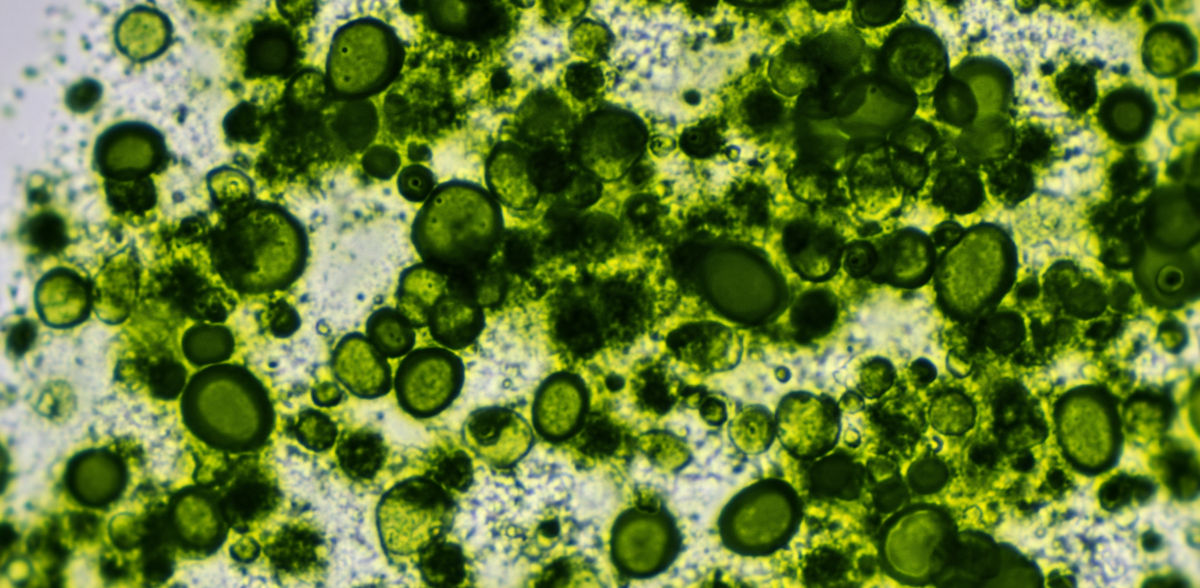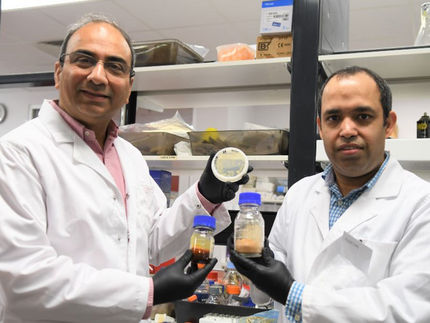How omega-3 fatty acids are produced from microalgae
Microalgae as an environmentally friendly alternative to fish farming
Advertisement
omega-3 fatty acids are of great importance for human health, including for brain and kidney function and blood pressure. For this reason, they are often added to food and animal feed to cover daily requirements. One form is eicosapentaenoic acid (EPA), which is traditionally obtained from fish. However, microalgae are increasingly being used as a sustainable and scalable alternative that avoids the environmental problems of overfishing and enables customized production through controlled cultivation systems.
Researchers at Bremerhaven University of Applied Sciences are working together with Roval GmbH Ostereistedt and Henry Lamotte Oils to make the production of sustainable algae oil possible in the region. In the "Algae EPA" project, they are investigating various microalgae species with the aim of finding optimal algae strains for the local temperature and light conditions and thus achieving stable biomass and product yields all year round. Lipid production is being investigated under different nutrient and light conditions in order to be able to make recommendations for the production plant. The selected strains will be tested on an industrial scale by project partner Roval GmbH. Following the selection and optimization of algae production, a marketable EPA product will be developed. The project is funded by the "European Agricultural Fund for Rural Development (EAFRD)". The project is funded by the "European Agricultural Fund for Rural Development (EAFRD)".
With the new online series "Transfer in der Pause", the Hochschulallianz für den Mittelstand (HAfM) aims to support the transfer between universities of applied sciences and SMEs and promote the exchange between scientists and company representatives, according to a HAfM press release. The lunch format offers interested parties a good opportunity to gain an insight into innovative projects and transfer activities in various areas. During their lunch, interested parties can connect online to the virtual space and experience transfer during the break. In addition to the Berlin Transfer Conference, HAfM would like to use the new dialog format to promote mutual exchange between SMEs and science to promote transfer and contribute to direct cooperation.
Note: This article has been translated using a computer system without human intervention. LUMITOS offers these automatic translations to present a wider range of current news. Since this article has been translated with automatic translation, it is possible that it contains errors in vocabulary, syntax or grammar. The original article in German can be found here.































































